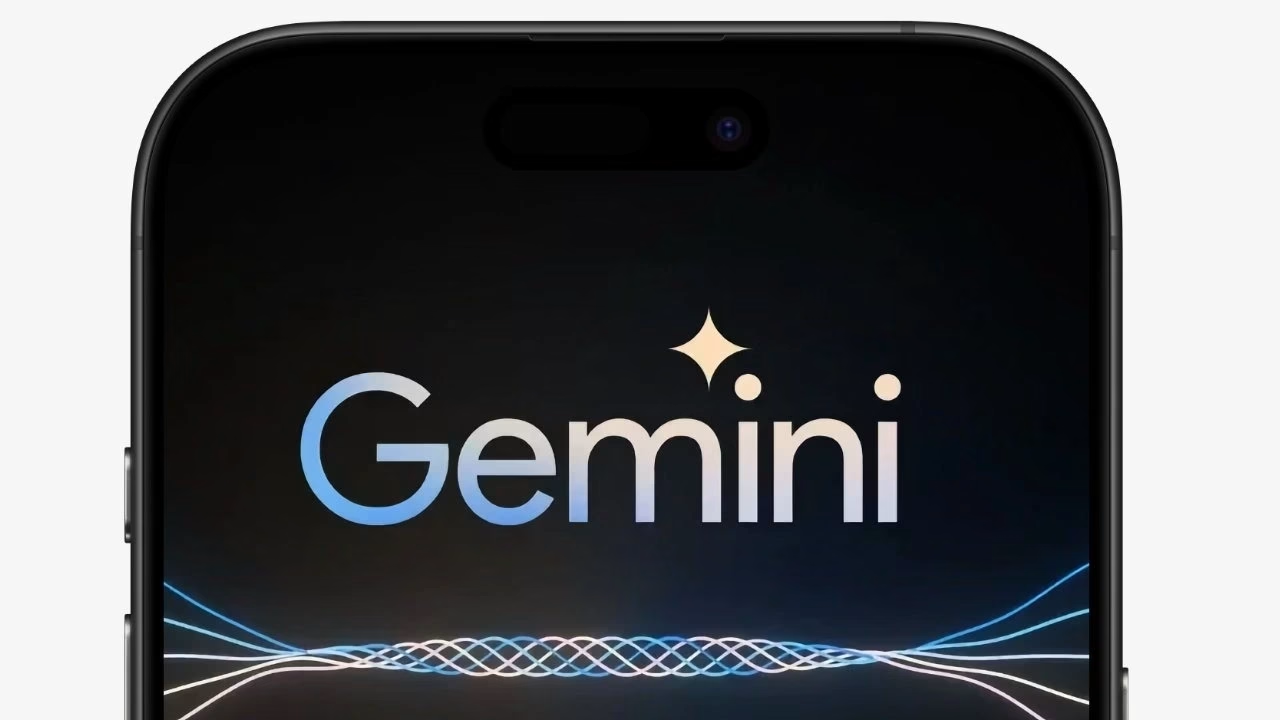Google Gemini Live Poised for Deeper Google Maps Integration
The move signals Google's continued commitment to blending AI capabilities with its foundational mapping services, aiming to provide a more intuitive and information-rich augmented reality experience. While an official release date remains unconfirmed, the buzz surrounding this integration is palpable within the tech community, hinting at a near-future rollout.
Visualizing Your World: How Gemini Live and Maps Could Connect
The core of this anticipated update lies in its visual, real-time nature. Imagine walking down a street in a new city. Instead of fumbling with your phone to open a separate maps app, you could simply point your camera at an interesting building or a bustling restaurant. According to analyses of recent beta code, Gemini Live would then overlay a concise information card, pulled directly from Google Maps.
These cards are expected to provide a wealth of immediate details: the name of the establishment or landmark, its star rating based on user reviews, current operating hours, and perhaps even a brief historical snippet for significant sites. This isn't just about identifying a place; it's about understanding its context and accessibility in an instant. It’s like having a knowledgeable tour guide built right into your phone's camera.
This integration builds upon Gemini Live's existing camera-sharing functionalities, which saw significant upgrades in August 2025. Those enhancements focused on visual guidance and deeper Google app integrations, setting the stage for this more specialized mapping feature. The idea is to make querying your environment as seamless as looking at it.
What Information Might We See?
- Location Identification: Clear naming of businesses, landmarks, and points of interest.
- Ratings and Reviews: Quick access to Google Maps star ratings, giving users an immediate sense of popularity and quality.
- Operational Status: Crucial details like opening and closing times, especially useful for planning visits to shops, museums, or restaurants.
- Key Facts: For historical sites or notable structures, expect brief, relevant information to enrich the user's understanding.
This level of detail, delivered contextually, could fundamentally change how people navigate and explore, whether they're tourists in an unfamiliar city or locals discovering hidden gems in their own backyard.
The Tech Behind the Magic: AI Meets Mapping Data
At its heart, this feature is a sophisticated dance between Google's advanced AI, Gemini, and its vast Google Maps database. Gemini's ability to process visual input in real-time, combined with the sheer volume of data Google Maps holds on over 250 million places worldwide, creates a powerful synergy. The AI acts as the interpreter, identifying what the camera sees and then fetching the most relevant information from the Maps repository.
This isn't entirely new territory for Google. We've seen earlier integrations hinting at this direction, with announcements in late 2024 pointing towards enhanced visual awareness for Gemini. However, the current development seems to represent a significant leap forward, moving from general visual understanding to specific, actionable data overlays. It’s a testament to how AI is becoming less of a standalone tool and more of an integrated layer enhancing our existing digital experiences.
The technical underpinnings suggest a lightweight approach, aiming to deliver these info cards without bogging down the user's device or consuming excessive data. This is crucial for a feature intended for on-the-go use. The fact that this is being uncovered through APK teardowns of beta versions of the Google app indicates that the feature is likely in its final stages of development and testing.
Potential Impact and What's Next
The implications of this deeper Google Maps integration within Gemini Live are far-reaching. For travelers, it could mean a more spontaneous and informed exploration experience, reducing the friction of constantly switching between apps. Local businesses could see increased visibility as their information becomes more readily accessible to people actively looking at their storefronts.
Furthermore, this could pave the way for even more advanced augmented reality applications. Imagine pointing your camera at a restaurant and not only seeing its hours but also being able to virtually browse its menu or even make a reservation directly through the Gemini Live interface. The possibilities are pretty exciting, aren't they?
While Google hasn't made an official statement on this specific feature, their broader announcements regarding Gemini Live's visual capabilities and deeper app integrations in August 2025 certainly align with these reports. It's clear that Google is investing heavily in making AI a more tangible and helpful part of our daily lives, and this Maps integration is a prime example of that strategy in action.
We'll be keeping a close eye on future Google app updates for the official rollout of these Gemini Live information cards. It’s a development that could very well redefine how we navigate and discover the world around us, one camera point at a time.
